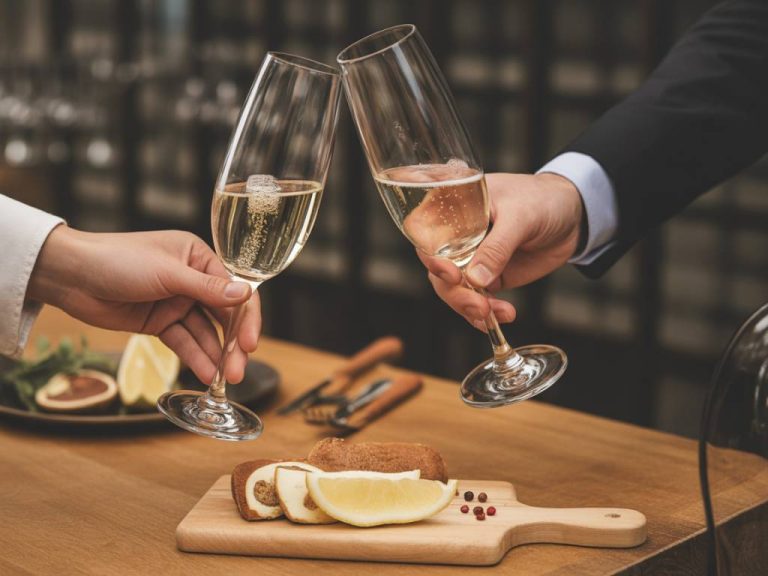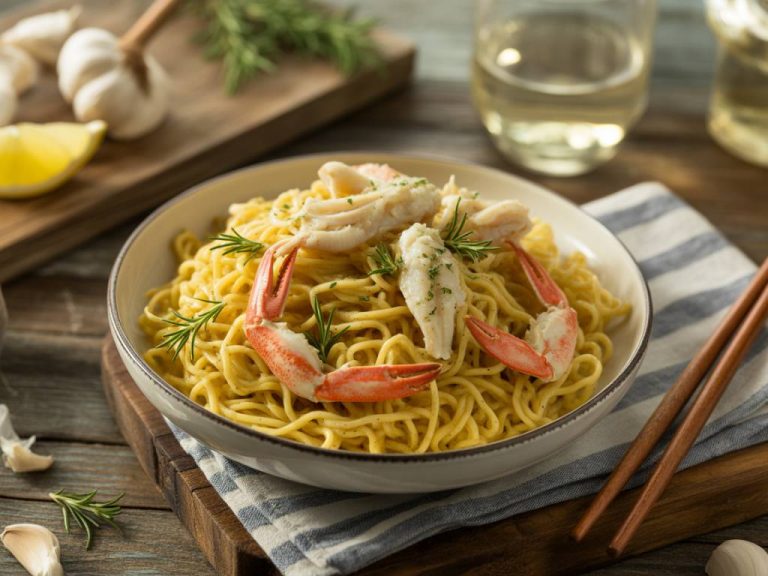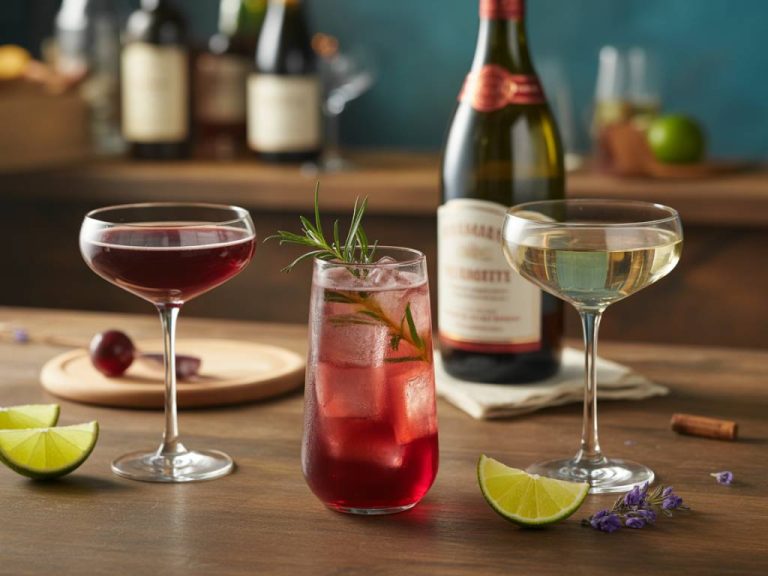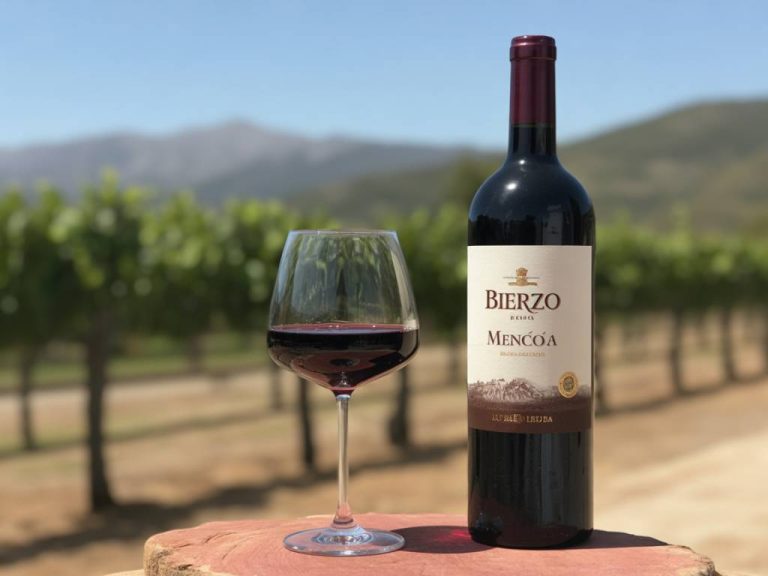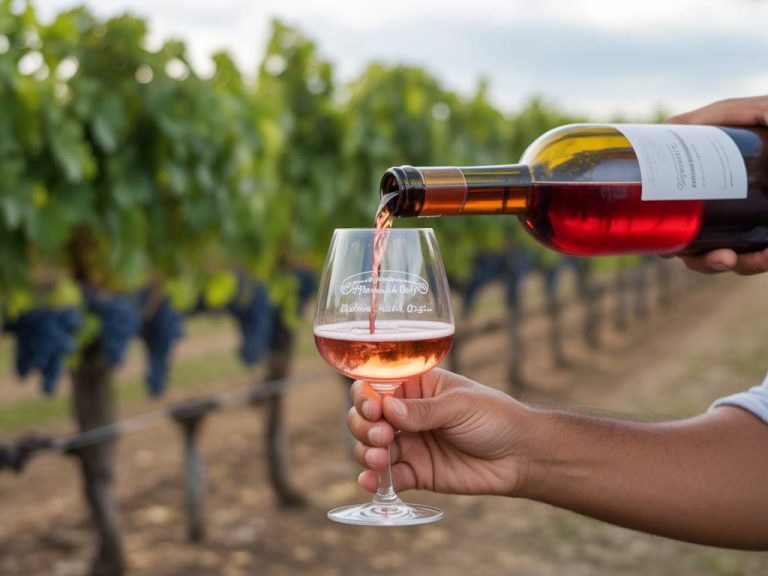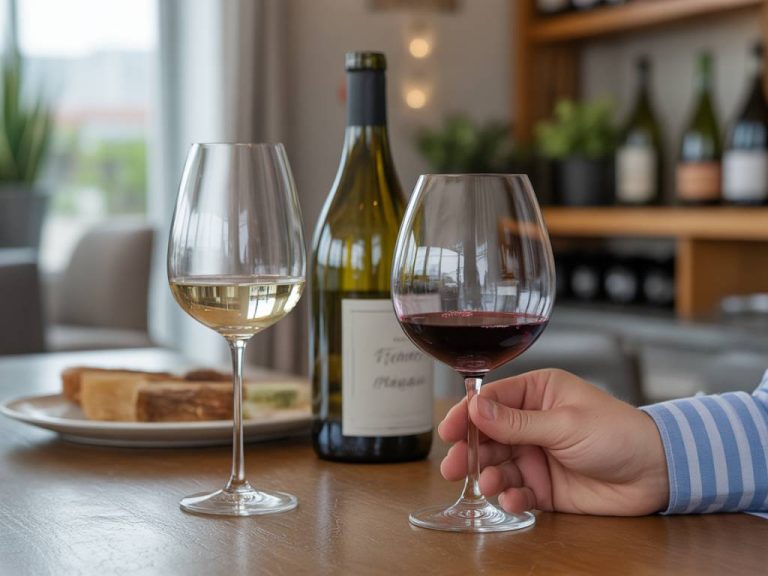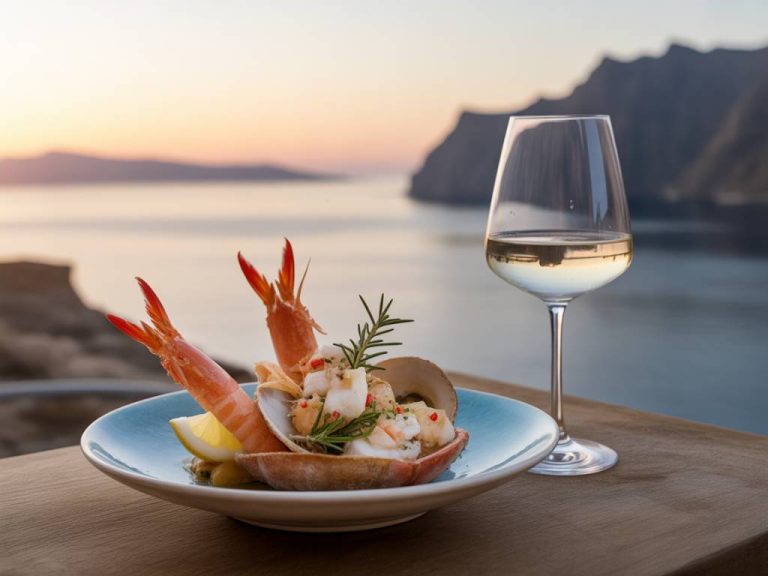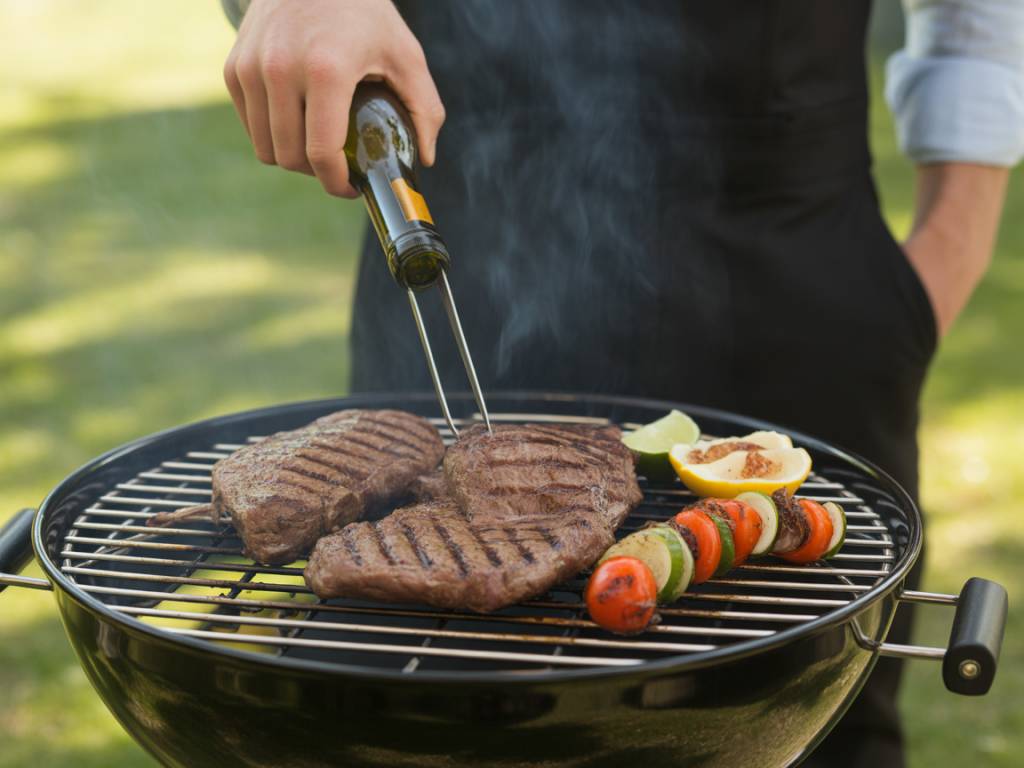
Bbq wine pairing tips for grilled meats and summer feasts
Why Grilled Meats and Wine Are a Match Made in Summer Heaven
As soon as the grill comes out and the scent of smoked meat fills the backyard, wine often takes a secondary role—overshadowed by cool beers and chilled cocktails. And yet, wine has the finesse and versatility to enhance a BBQ in ways few other beverages can. Whether you’re searing ribeye, smoking baby back ribs, or flipping a pile of lamb burgers, there’s a bottle that can elevate both the food and the moment.
Summer grilling is messy, flavorful, and wonderfully social. The wines you serve should reflect that spirit—bold enough to stand up to char and spice, but balanced enough to refresh under the afternoon sun. If you’ve ever wondered what wines truly shine alongside grilled meats, you’re not alone. Here’s a practical, sommelier-backed guide to making your next BBQ as much a feast for the palate as it is for the plate.
The Basics of BBQ and Wine Pairing
Grilling introduces smoky, caramelized flavors—often layered with rubs, marinades, or sauces. Consider these three elements when choosing a wine:
- Protein Type: Beef, pork, lamb, or poultry all bring different textures and intensities.
- Cooking Method: Is the meat grilled over direct heat, slow-cooked over smoke, or cooked sous-vide and finished on the fire?
- Seasoning and Sauces: Dry-rubbed ribs and sticky-sweet BBQ sauce don’t call for the same wine.
In general, opt for wines with good acidity, moderate to high tannins (for fattier cuts), and enough fruit to keep things playful. Forget subtlety; grilled meat demands character in your glass.
The Perfect Reds for Beef on the Grill
If there’s one protein that screams for red wine, it’s beef. Grilled steaks, burgers, and brisket are rich and often fatty—ideal companions for tannin-rich reds that cut through the richness and enhance the char.
- Cabernet Sauvignon: A classic pairing for ribeye or T-bone steaks. The tannins love the fat, and the dark fruit plays well with smoky seared crusts.
- Zinfandel: A great match for spice-rubbed beef ribs or backyard burgers dressed with sweet-and-savory condiments. Its juicy berry flavors and peppery notes add dimension.
- Syrah/Shiraz: With smoky undertones and robust body, this is your go-to for grilled flank steak or tri-tip—especially when there’s a garlic- or herb-based marinade involved.
Erik’s Tip: If you’re serving sliders or experimenting with fusion toppings on burgers, consider a GSM blend (Grenache–Syrah–Mourvèdre). It brings depth without overpowering the supporting flavors.
What to Pour with Pork and Ribs
Pork plays a versatile role on the grill. Depending on the cut and seasoning, you’ll want either bright reds or structured rosés.
- Grenache: Often overlooked, this red balances higher alcohol with soft tannins and vibrant red fruit—perfect for grilled pork chops or tenderloin with fruit glazes.
- Pinot Noir: If you’re doing Carolina-style pulled pork or BBQ without heavy sauce, Pinot’s acidity and subtle earthiness make it a graceful partner.
- Dry Rosé: For heavily sauced baby back ribs, especially with Kansas City-style BBQ sauce, a dry Provençal rosé lifts the sweetness and cleanses the palate.
Anecdote: At a summer patio tasting in Anchorage, we served lightly smoked pork shoulder with a Northern California rosé made from Syrah and Mourvèdre. Not a conventional pick—but the wine’s crisp finish and savory edge had people asking for seconds.
Lamb on the Grill? Go Bold or Go Home
Lamb’s intense, gamey flavor demands wines that don’t shy away. Whether it’s chops, kebabs, or burgers, lean into wines with structure and aromatic complexity.
- Malbec: From the Argentine Andes or Washington State, Malbec thrives with grilled lamb. Its ripe blackberries, soft tannins, and smoky undertones match lamb’s richness.
- Tempranillo: Spanish wines like Rioja Reserva have a balance of acid, oak, and spice that echo Mediterranean-style lamb marinades with cumin, garlic, and rosemary.
- Côtes du Rhône: Blends from this French region complement lamb’s flavor without overpowering it, thanks to a mix of Grenache, Syrah, and Mourvèdre.
Erik’s Tip: For mint-laced lamb dishes, avoid wines high in herbal pyrazines (like some Cab Sauvs or Carménères)—they may clash with the fresh mint notes.
Poultry and Lighter Grills: Whites and Chillable Reds
Not everything on the BBQ needs to be red-meat drama. Chicken, turkey, and even grilled shellfish can sing beautifully with the right white or chilled red.
- Chardonnay: For grilled chicken thighs or wings tossed in lemon and herbs, an oaked Chardonnay with a creamy body can echo the Maillard notes from the grill.
- Sauvignon Blanc: Zesty and refreshing, it balances spicy marinades—like jerk-seasoned chicken or citrusy kebabs.
- Beaujolais-Villages: A chillable red that works with everything from skewered turkey to grilled portobellos. Light, juicy, and infinitely BBQ-friendly.
Grilled corn, zucchini, and charred peaches also love this pairing range, making these wines useful when the sides steal the show.
When Heat Meets Sweet: Managing BBQ Sauces with Wine
Sticky, spicy, sweet, and tangy—BBQ sauces are both glorious and challenging for wine pairings. Here’s how to play it smart:
- Spicy Sauces: Opt for lower-alcohol wines to avoid amplifying the heat. Off-dry Riesling or chilled Lambrusco can be surprising heroes here.
- Sweet Glazes: Match intensity with fruit-forward reds like Zinfandel or Nero d’Avola. Fruity rosés also hold up well.
- Mustard-Based Sauces: Pinot Gris or Grüner Veltliner can cut the tang while complementing smoky flavors.
Pro Tip: Taste the sauce on its own before picking your wine—you’re often pairing more with that than the meat underneath.
Practical Advice for Hosting a Wine-Friendly BBQ
- Serve Wines Slightly Cooler: Red wines around 55–60°F and whites at 45–50°F stay more refreshing under the sun. A quick 15-minute chill for reds helps enormously.
- Use Sturdy Glassware: Skip the flutes and stemless crystal unless you love hunting for shards in your lawn. Durable yet tasting-friendly glassware is a wise investment.
- Offer Variety Without Overwhelming: Two to three styles of wine are plenty. Cover a full-bodied red, a chillable white or rosé, and perhaps a wild card like pét-nat or orange wine if your guests are adventurous.
And don’t forget water. Good hydration makes the wine (and the next morning) more enjoyable.
Mixing It Up: Wine Cocktails for the Grill Crowd
If someone insists wine isn’t their thing—mix it. A light spritz can please skeptical guests while letting wine remain part of the meal.
- Red Sangria: Use fruit-forward wines like Garnacha or Tempranillo, add fresh citrus, and a splash of brandy. Pro tip: soak fruit in the wine an hour before for depth.
- White Peach Spritzer: Combine Pinot Grigio, fresh peaches, lemon slices, and soda water over ice. A chilled hit on hot days.
- Rosé Paloma: Rosé, grapefruit juice, lime, and a dash of tequila. Yes, it’s unorthodox, and yes, it works—especially with grilled chicken tacos or shrimp skewers.
The goal is to keep the experience accessible and festive. Wine doesn’t have to be formal—even when it’s done seriously.
Final Thoughts on Fire and Fermentation
Grilling is about more than food—it’s about gathering, improvising, celebrating the imperfect edges of flavor. And wine, when chosen wisely, doesn’t just accompany the meal—it becomes part of it. The trick isn’t to find « perfect » pairings but satisfying ones—wines that both stand alongside the food and add something new to the bite-to-sip experience.
Whether you’re turning skewers over charcoal or hosting a neighborhood rib cook-off, the right bottle can change the game. So next time someone reaches for a beer at the grill, offer them a well-chilled rosé or a bold Syrah and ask, “Ever tried this with ribs?” Chances are, they’ll stick around for a second glass.

